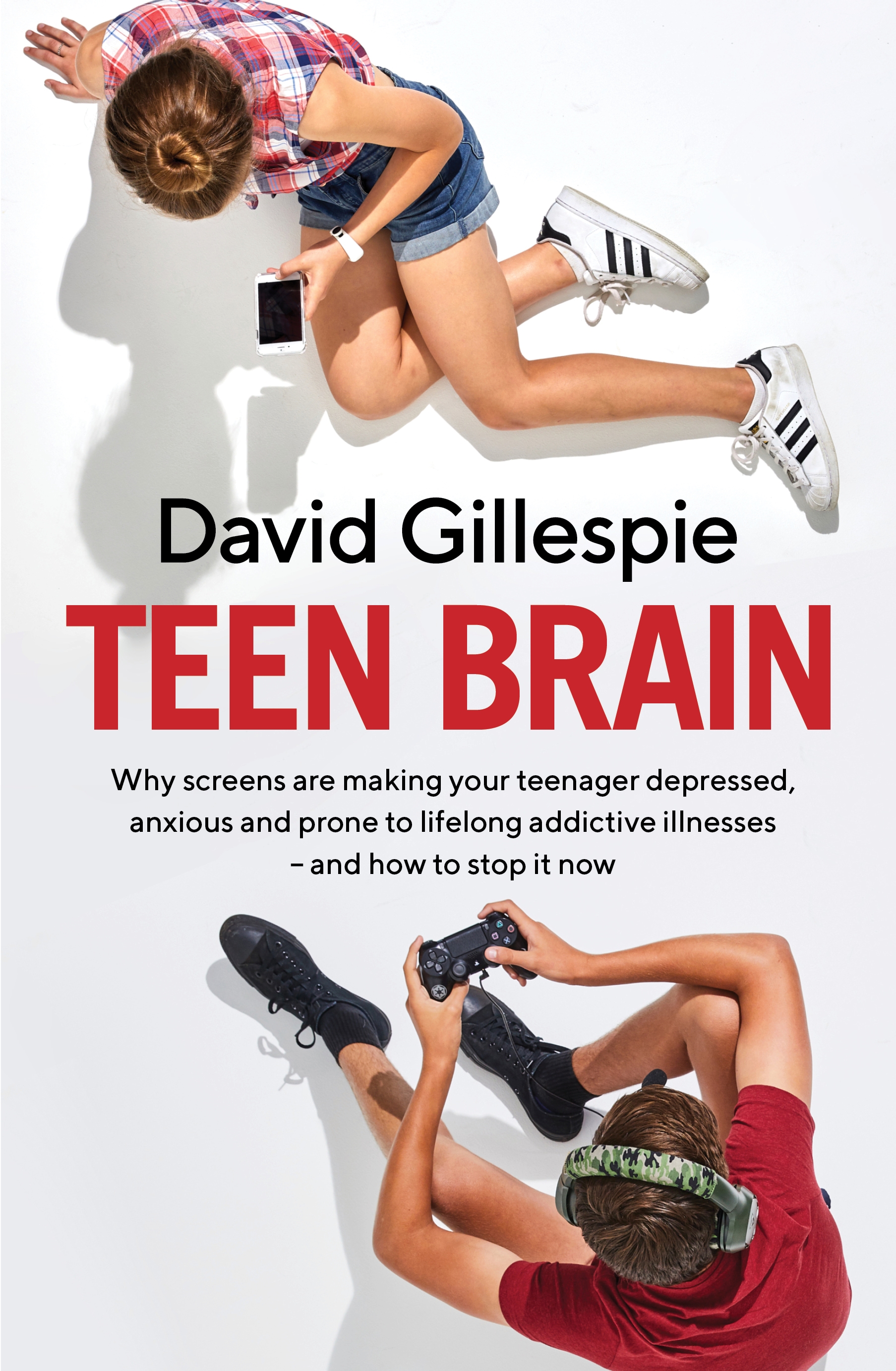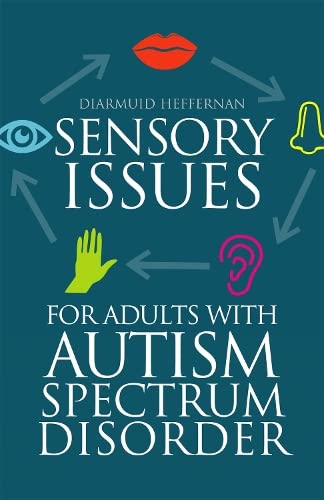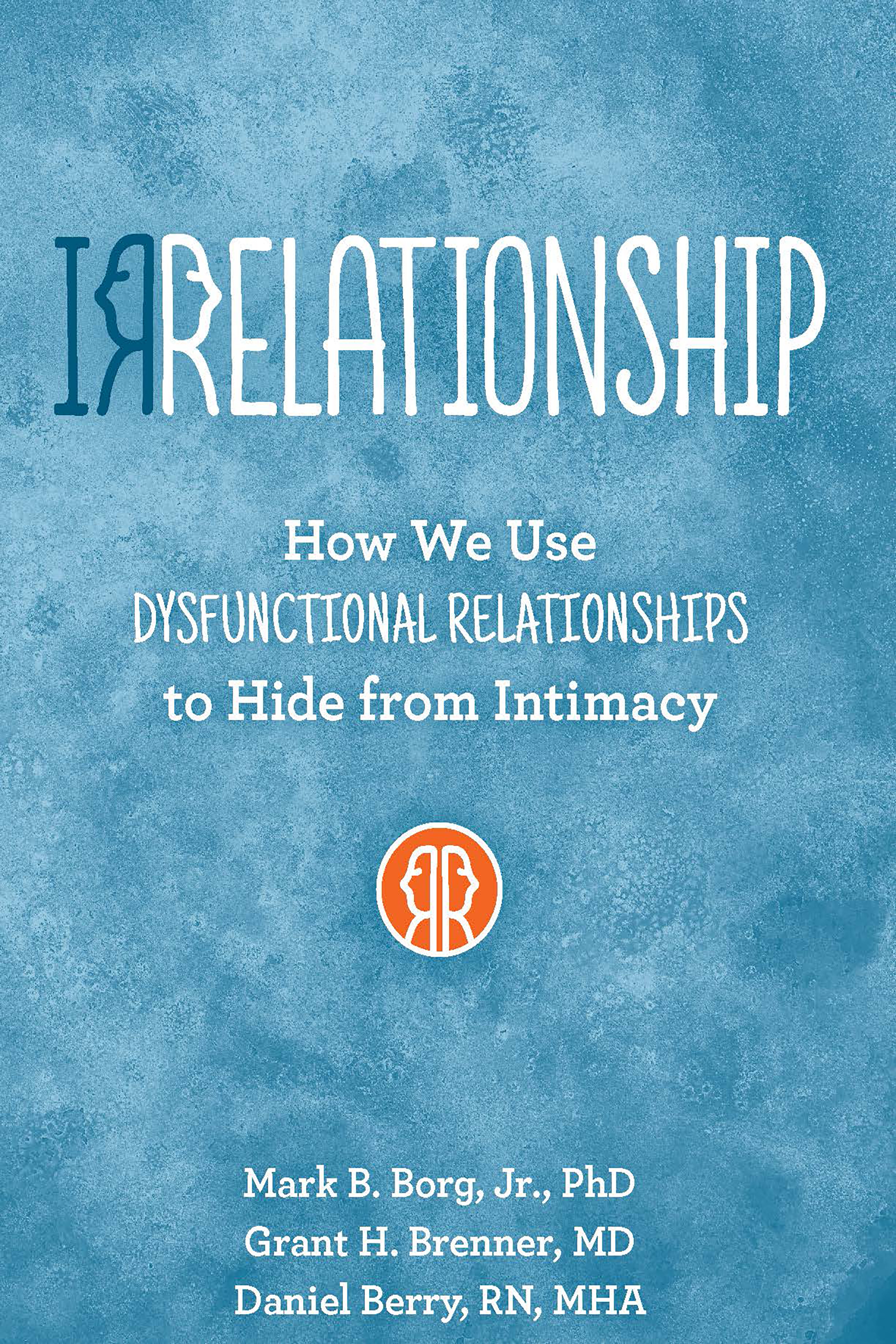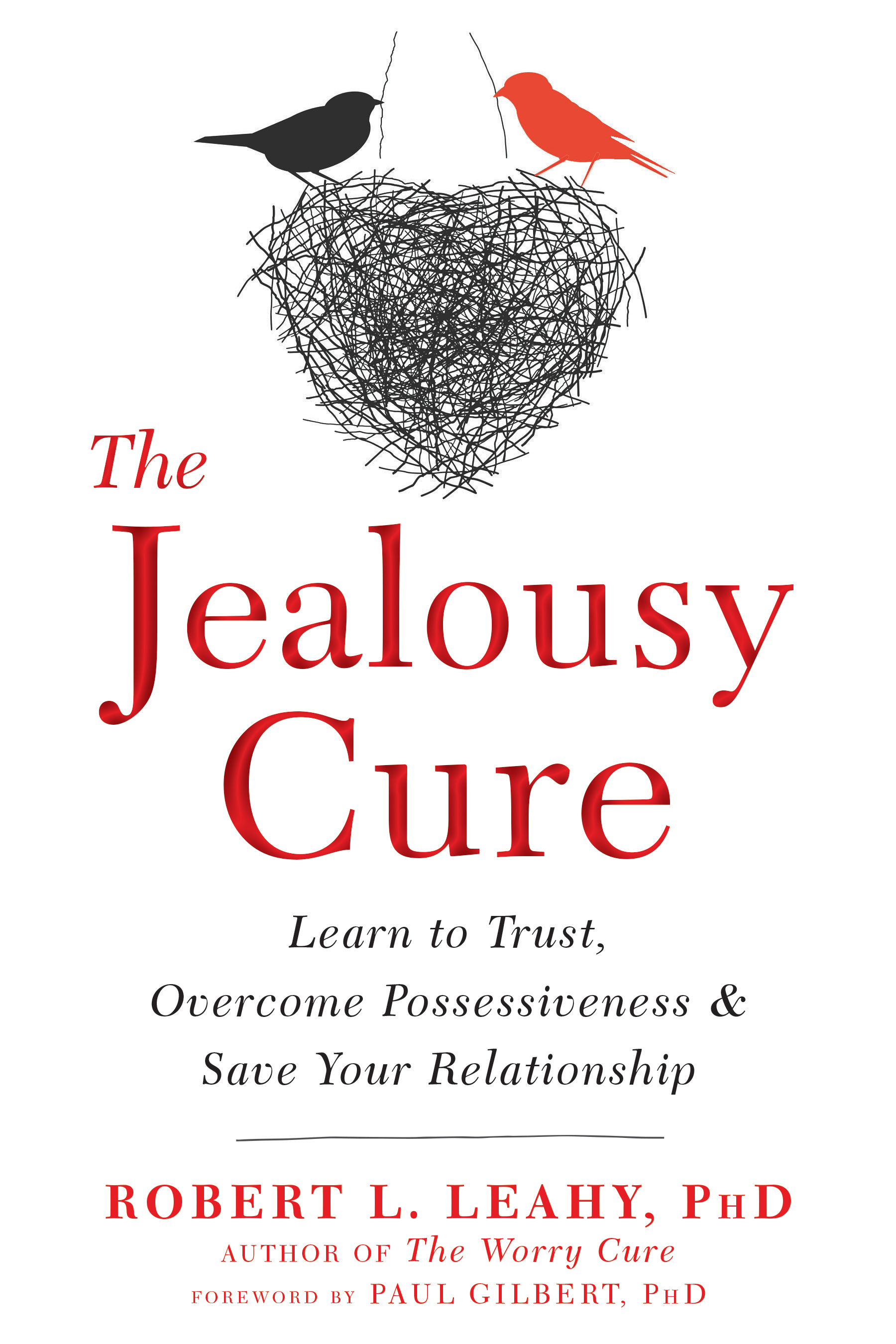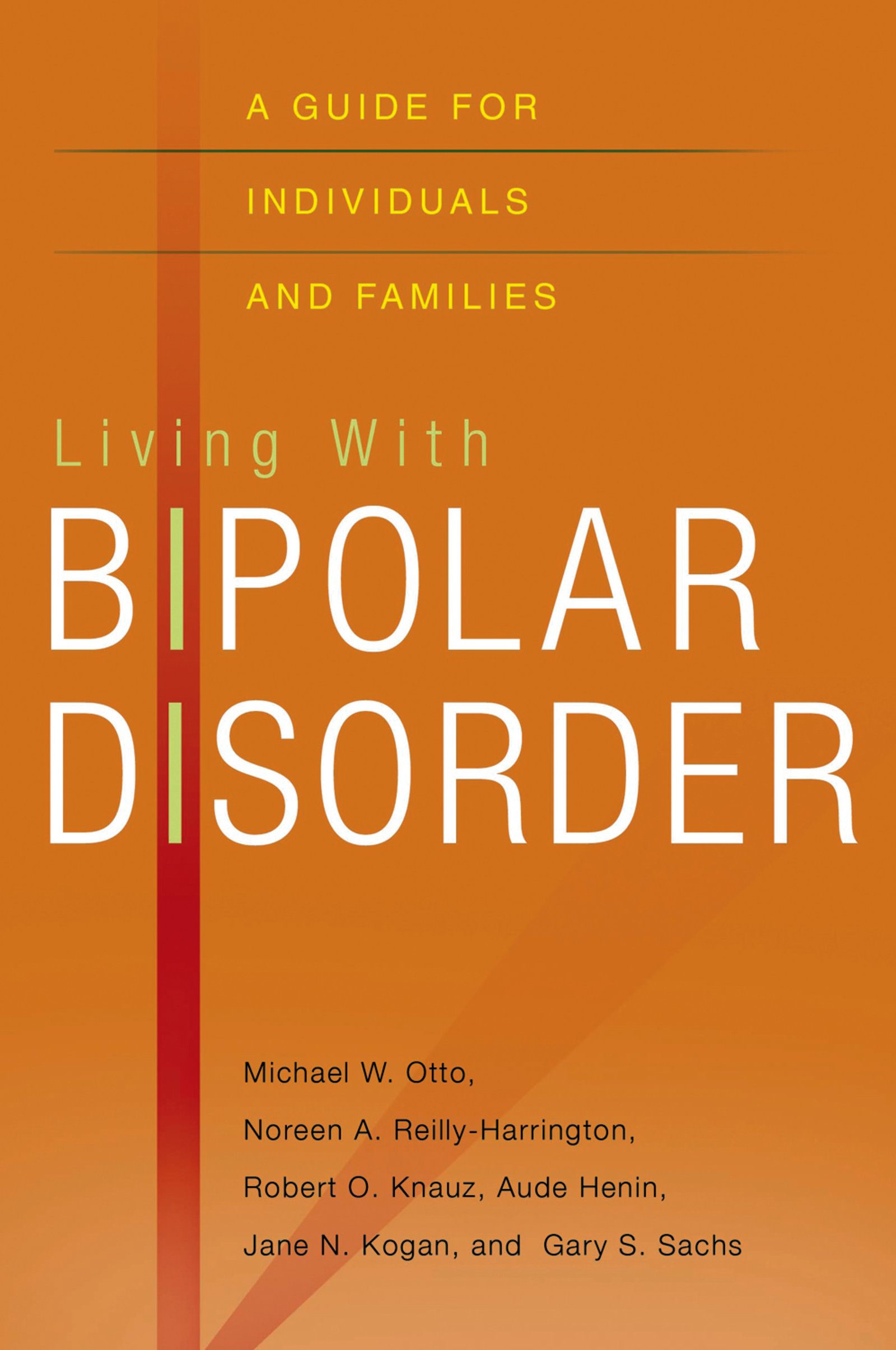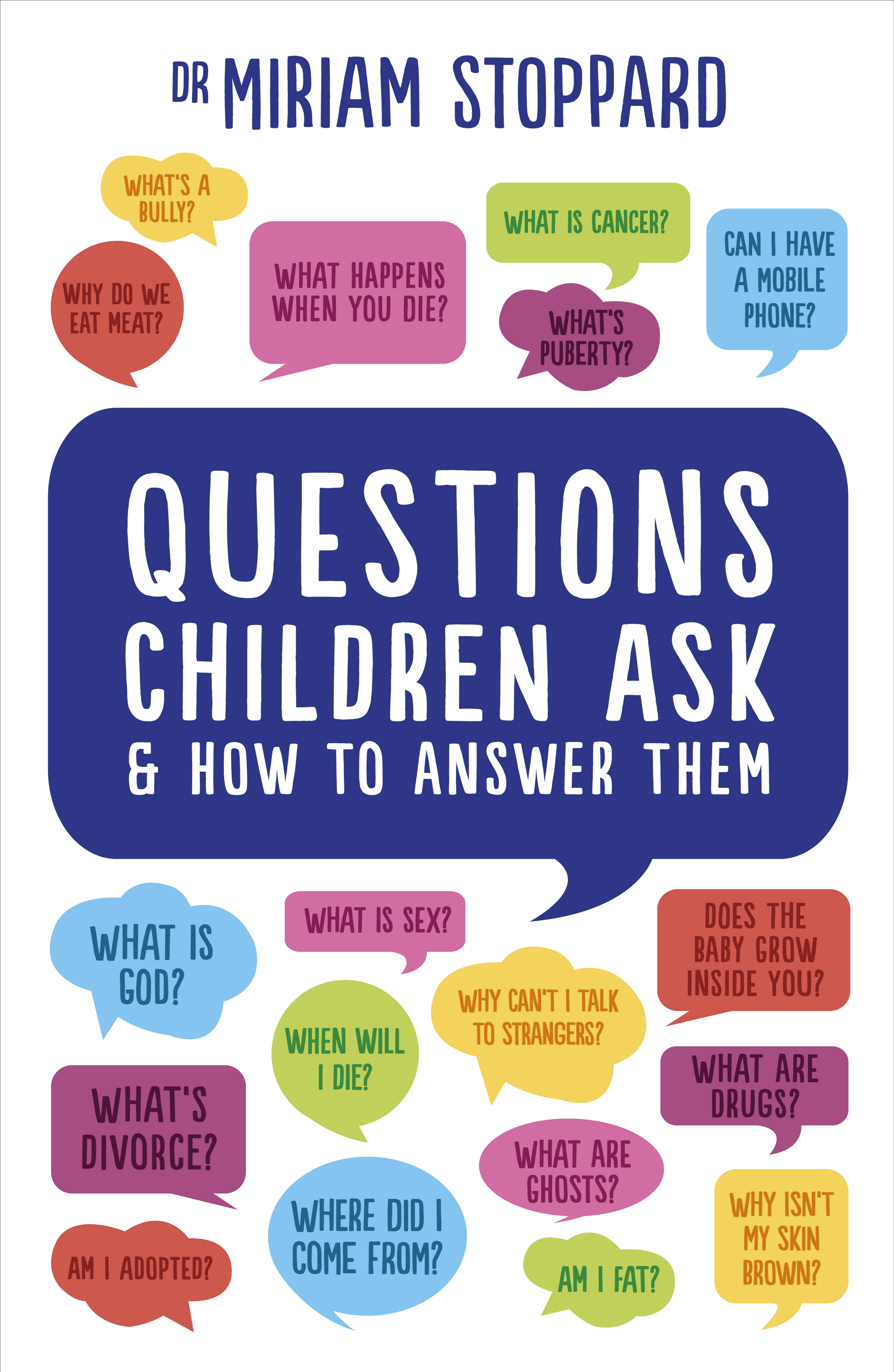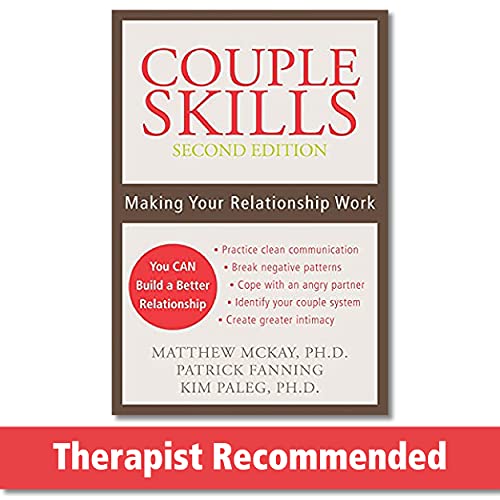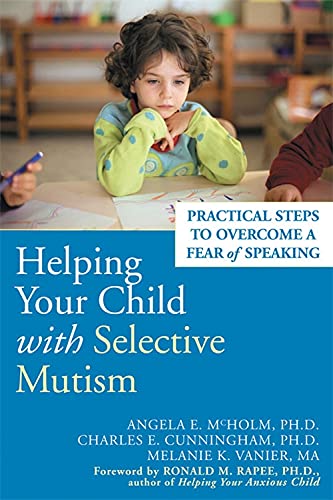Teen Brain
by David Gillespie
2020-07-11 12:16:44
With their labile and rapidly developing brains, adolescents are particularly susceptible to addiction, and addiction leads to anxiety and depression. What few parents will know is that what we think of as the most typical addictions and problematic ...
Read more
With their labile and rapidly developing brains, adolescents are particularly susceptible to addiction, and addiction leads to anxiety and depression. What few parents will know is that what we think of as the most typical addictions and problematic teen behaviours - smoking, drinking, drug taking, sex leading to teenage pregnancy - are on the decline. The bad news is that a whole raft of addictions has taken their place. Whereas once the dopamine-hungry brain of a teenager got its fix from smoking a joint or sculling a Bundy and coke, it is now turning to electronic devices for the pleasure jolt that typically comes from online playing games and engaging with social media. What is doubly troubling is that, unlike drugs, alcohol and cigarettes, electronic devices are not illicit. Quite the contrary. They are liberally distributed by schools and parents, with few restrictions placed on their use. And, to add fuel to the fire, emerging research shows that if addictive pathways are activated during the teen years, they are there for life, and that what starts as a screen addiction can lead to major substance abuse later in life.
Less


